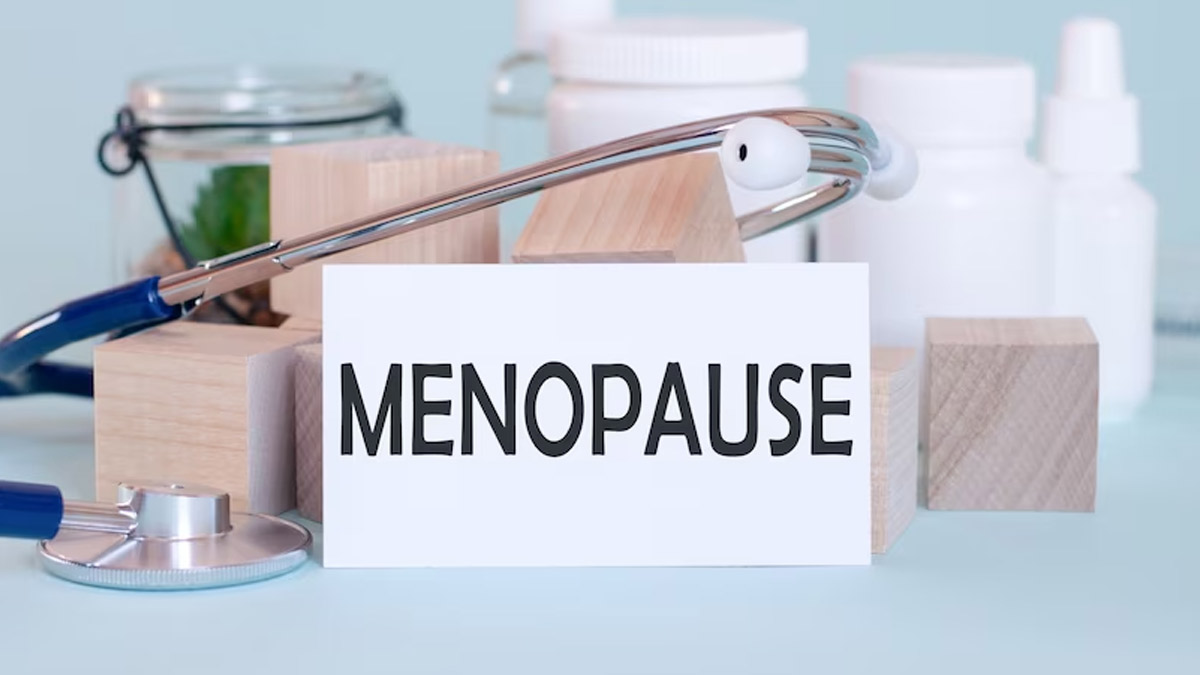
Menopause is the end of the monthly menstrual cycle, thus ending a phase in a woman’s life. Menopause is diagnosed when a woman has gone 12 months without the occurrence of periods. It generally happens in the late 40s and early 50s. Although, there has been a rise in the cases of premature menopause. Now what is premature menopause you might ask? Let's understand what this is and what can be its causes from a doctor.
Table of Content:-
OnlyMyHealth team interacted with Dr Arati Adhe Rojekar, Consultant – Gynaecology, P.D. Hinduja Hospital and Medical research Centre, Mahim, to know more about premature menopause.
What is Premature Menopause?

Talking about menopause, Dr Rojekar said, “Menopause marks the natural end of the monthly menstrual cycle, a phase in a woman's life that is not a disease but rather a normal biological process. In India, the average age for experiencing menopause ranges from 45 to 55 years among healthy females, with this timing influenced by their ovarian reserve, which refers to the number of eggs in their ovaries. If a woman's ovarian reserve is lower, it often leads to an earlier onset of menopause.”
Explaining about premature menopause, Dr Rojekar said, “When menopause occurs prematurely, before the age of 40, it is termed premature menopause.”

The results of a survey by National Family Health Survey revealed that the prevalence of premature menopause in Indian women was 3.7%, out of which 2.1% of women had experienced natural premature menopause, whereas 1.7% had surgical premature menopause. It also stated, “The prevalence of premature menopause was highest in the southern region of India.”
Also read: Women's Health: 8 Tips to Tackle Insomnia During Menopause
Symptoms Of Premature Menopause
The symptoms of premature menopause are similar to the symptoms of menopause.

- Dryness in vagina
- Hot Flashes
- Sleeplessness
- Frequent urination
- Tenderness in the breasts
- Night sweats
- Mood Swings
- Decreased libido
- Headaches
- Hairfall
- Fluctuations in weight
Causes Of Premature Menopause

Spelling out the triggers of premature menopause, Dr Rojekar said, “Premature menopause can result from various factors such as genetic predisposition, lifestyle choices, underlying health conditions like certain cancers, or exposure to treatments like chemotherapy and radiation therapy.”
According to study, women can attain menopause at an early age due to ovarian insufficiency (lower number of eggs in ovaries). The factors leading to this can be lifestyle and hormonal imbalances. It stated, “Lower educational level, poor economic condition, smoking, fried food consumption, early age at menarche (first menstruation cycle), are some of the significant explanatory factors.”
Also read: Embracing Menopause: Experts Explain Impact On Women's Lives And Need To Break Silence
How To Prevent Premature Menopause
Advising the women in their late 20s and early 30s on how to prevent premature menopause, Dr Rojekar said, “Premature menopause can have significant effects, particularly on bone health and mood stability. To mitigate the risk of early menopause, it's crucial to adopt and maintain healthy lifestyle habits. This includes consuming a balanced diet, maintaining an appropriate body mass index (BMI) relative to one's height, and minimising exposure to unnecessary radiation. By prioritising these lifestyle factors, individuals can potentially delay or prevent the onset of premature menopause.”
Also watch this video
How we keep this article up to date:
We work with experts and keep a close eye on the latest in health and wellness. Whenever there is a new research or helpful information, we update our articles with accurate and useful advice.
Current Version